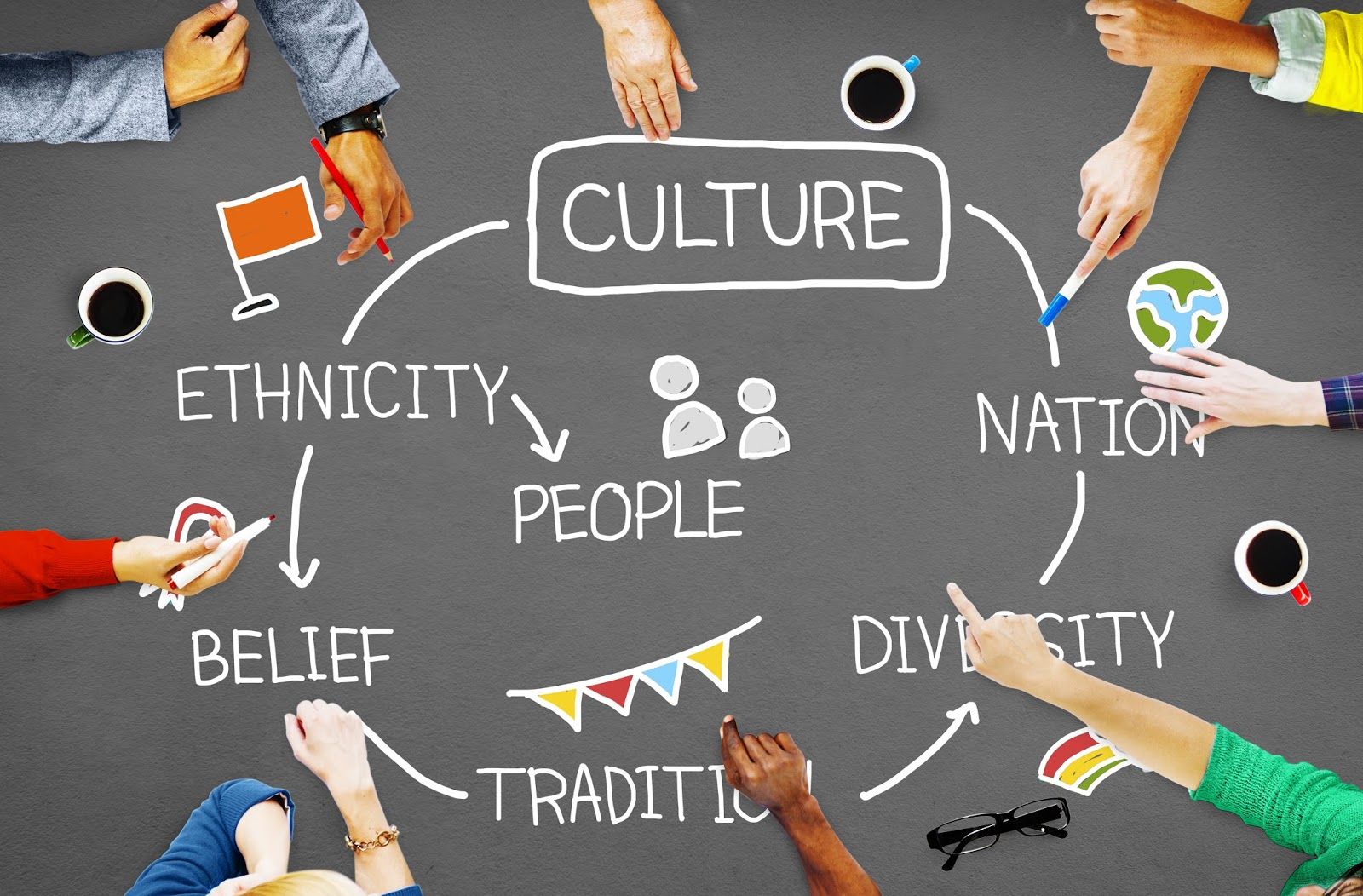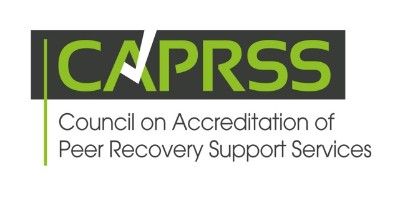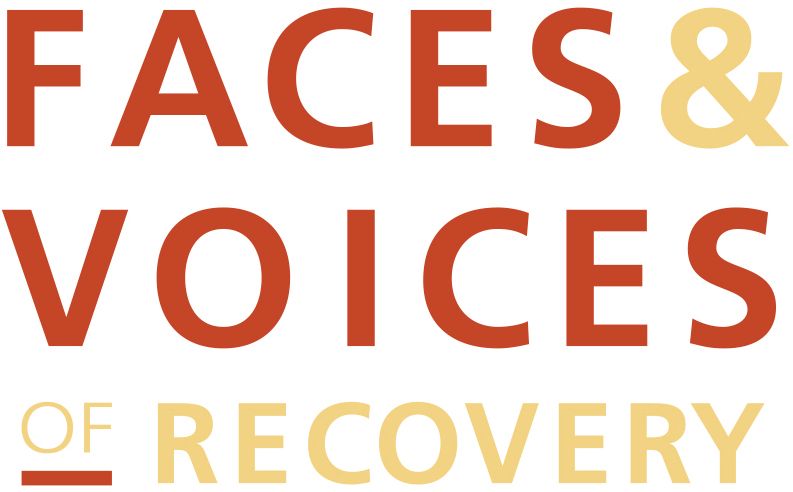CULTURAL COMPETENCE
Learning to accept, celebrate, and appreciate our individual differences is an important cornerstone of the foundation of all pathways of recovery. In providing peer support to others, it’s critical that we understand and respect differences, help people construct their own unique identities, encourage people to gather strength from their cultural roots, and value their beliefs and practices.
Miller (2010) offers a concise definition of culture.
A shared set of learned attitudes, values, goals and practices that characterize a group, and are passed from generation to generation.
This means that culture is not necessarily about race or ethnicity. A culture can be any group a person belongs to that shares common values, ideas, practices and attitudes. In addition to race and ethnicity, other cultures include military, religion, ability/disability, education, occupation, socio-economic status, sexual orientation, and regional (region of the US where a person lives or was raised). So, when it comes to culture, people are multi-dimensional. Most of us belong to several different cultures, each of which influence our attitudes, values, beliefs and behaviors in some way.
NASMHPD (2010) proposed another helpful definition of culture.
Culture is the integrated pattern of human behavior that includes thought, communication, actions, customs, beliefs, values, and institutions of a racial, ethnic, religious, or social group.









